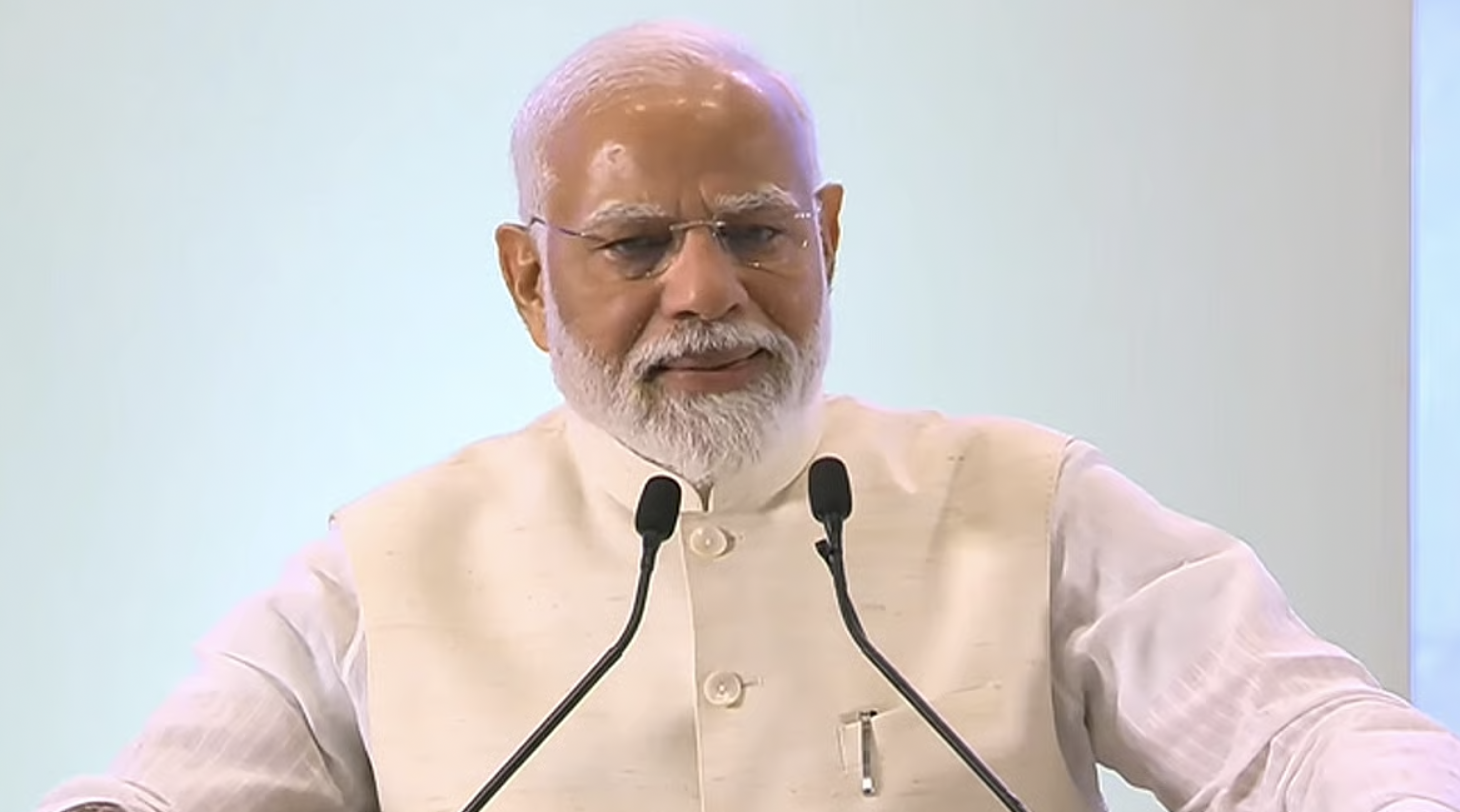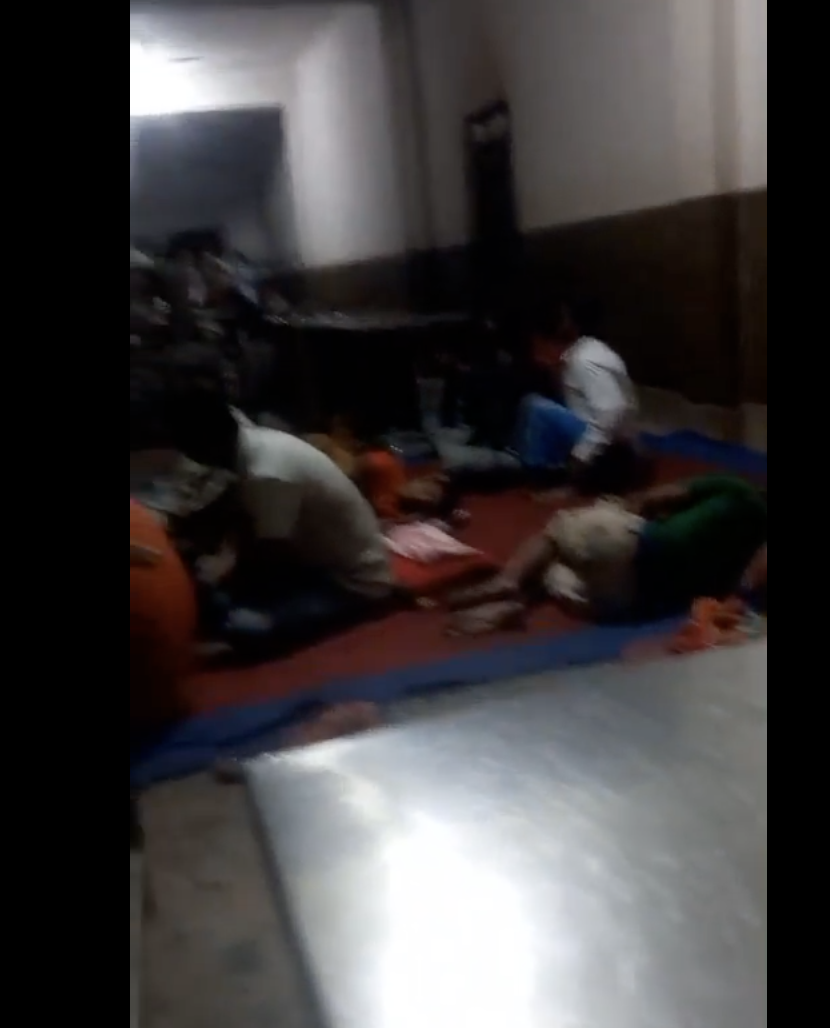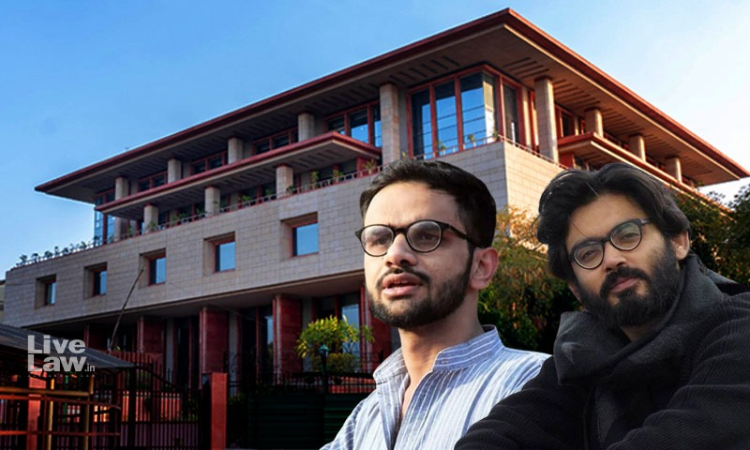
By Anshu / Latest Laws
The Supreme Court recently comprised of a bench of Justice Sanjay Kishan Kaul and Justice MM Sundresh made the West Bengal government withdraw all 4 FIRs against OpIndia Editor-in-Chief Nupur J Sharma. (Nupur Sharma & Ors vs State of West Bengal & Ors)
The Supreme Court not only express concern about the reducing level of tolerance to dissenting views but also said that journalists suffer the consequences of information that is in the public domain.
The Bench orally observed that the political parties should show some restrain and the media should also be cautious while reporting the discourse.
Facts of the case
A petition was filed by Sharma, OpIndia Hindi editor Ajeet Bharti, CEO Rahul Roushan, and Sharma’s husband Vaibhav, demanding quashing of four FIRs filed against them in West Bengal.
The FIRs were reportedly filed in relation to OpIndia reports on the communal violence at Bhadreswar’s Telinipara last year.The FIRs were registered alleging offences under Section 153A (promoting enmity between religious groups), 504 (intentional insult with intent to provoke breach of peace) and 505 (statements conducing to public mischief) of the Indian Penal Code.
The Supreme Court had in June last year passed an interim order staying the investigation in three FIRs. In September 2021, the Court stayed the investigation in another FIR registered against them.
Contention of the Parties
The petitioners had submitted before the Court that the FIRs amounted to an abuse of law by the police to suppress press freedom and actions were taken for carrying news reports criticizing the West Bengal government.
The petitioners had argued that though the news reports were contemporaneously carried by other media organizations, OpIndia editors were selectively targeted by the West Bengal police.
The petitioners contended that the police pressurized them to delete the contentious news items. The police action is “arbitrary”, “high-handed” and violative of press freedom under Article 19(1)(a) of the Constitution of India, the petitioners stated.
The Senior counsel appearing for the State informed the bench that State has decided to not proceed further in the FIRs. The Bench appreciated the State’s decision and expressed hope that other states would follow the same and this would be a new beginning.
Courts Observation and Judgment
The bench at the very outset observed, despite the Bengal government’s stand, it did not want to “let go of the opportunity of saying something which is troubling society and the court”.
The bench observed, “It is undoubtedly the debasement in dialogues which is taking place which needs introspection from the political class across the country. In a country which prides itself on its diversity, there are bound to be different perceptions and opinions which include political opinions.”
The court said the petitioners had only reproduced what politicians had said against each other, and this information was already in the public domain.
The bench observed, “State force should never be used to either browbeat a political opinion or the journalists suffer the consequences of what is already in public domain.”
It, however, added, “this does not take away the responsibility of the journalists in how they report the matters, more so in a ‘Twitter age'”.
This article first appeared on latestlaws.com






